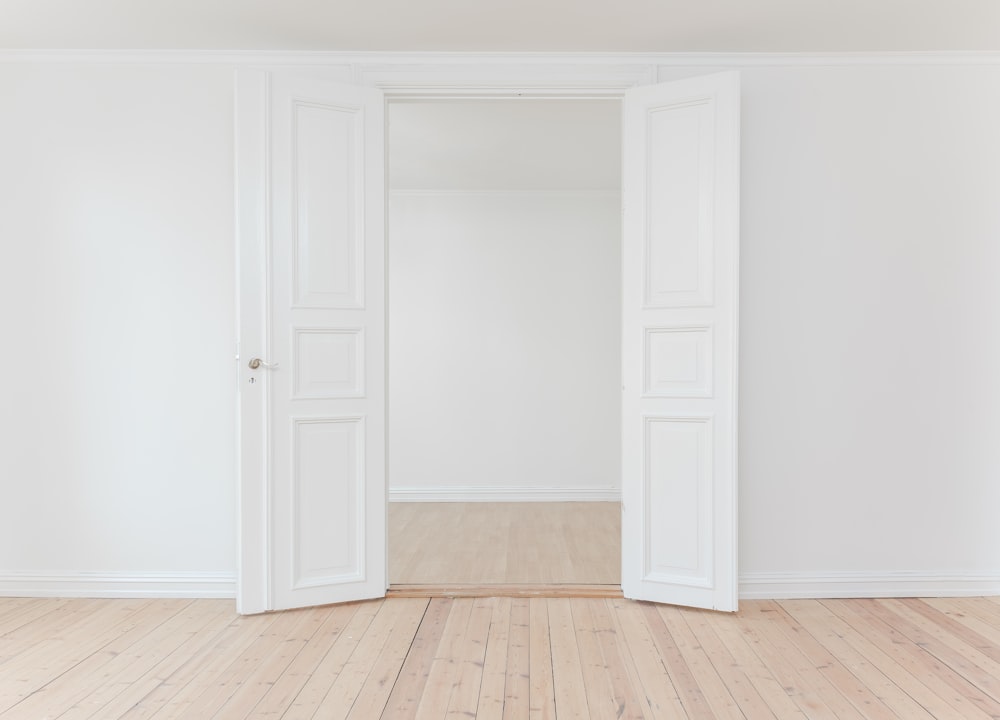6 Must-Know Tips for Building an Energy-Efficient Home

Energy-efficient homes are a great way to save money in the long run. They help with energy conservation, decrease carbon footprint, and are more durable. Whether you’re building a new home that is based on energy-saving fundamentals or are doing an energy-efficient home renovation, there are multiple eco-friendly options. According to The Energy Information Administration (EIA), homes are more energy-efficient in the last decade. A smart home is a great way to have an energy-efficient home. So, we’re presenting you with 8 must-know tips for building an energy-efficient home.
- Insulation
Depending on the location of your house, and the type of heating and cooling system, there’s a minimum amount of insulation or R-value the house needs. The R-values for mass walls can be from 3 to 21, while for wood-frame walls they can range from 13 to 20. If you’re wondering how much insulation do I need, you can check your state and local building codes. Insulation is great air and moisture barrier, which is essential for an energy-efficient home. Keeping the moisture out of your house is important because it stops the growth of mold. Also, insulation keeps your house cool during summer and warm during winter.
- Location
Your home’s location, construction materials, and shape are all factors that need to be considered when building an energy-efficient home. You should aim for maximum use of passive solar energy during winter and reduction of heat during summer. When building a home, make sure to take advantage of different sun angles. The home’s temperature depends on how much sun your house will be getting. Homes that are oriented on the south side get sunlight at the back of the house, while the north side homes get shade in their backyards during summer. Also, if you live in a colder place, choose to face south, because your home will absorb maximum sunlight. These strategies can make a big difference and you can enjoy spending time indoors without being overheated.
- Energy-efficient HVAC System
If you live in a place where summers are longer, you definitely want to save on home air conditioning and energy costs. The HVAC systems are one of the largest energy consumers. So, having energy-efficient heating, ventilation, and air conditioning system is a must to reduce energy bills. Heating and cooling systems account for up to 48% of energy use. Hire professionals to install the HVAC system since incorrect installation can reduce the efficiency by 30%.
- Roofing Materials
Material of the roof is an important factor when building an energy-efficient home. Depending on the material, the roof can absorb less heat by deflecting sunlight and your home would have a constant temperature. So, choosing the right roof material is important for overall energy efficiency. The roof material can be quite expensive, but it pays back in the long run. The roof helps with energy conservation, keeps your house cool, and decreases air pollution and greenhouse gas emissions. A high-quality roof material reduces energy bills by maintaining your home’s temperature during summer.
- Solar Panels
If you live in a sunny and warm place, then installing solar panels will reduce your energy bills. Solar panels are a one-time investment, don’t require extensive maintenance, and are an eco-friendly option. Solar panels convert solar energy into electrical energy, which makes them environmentally friendly because they reduce greenhouse gases. You can use the energy from solar panels to heat water, bulbs, or any other home appliance.
- Water Conservation
An energy-efficient home should include water-saving systems. For example, greywater recycling systems. Greywater is wastewater from sinks, washing machines, laundry tubs, and showers. So, you would install a diversion system that would carry the greywater from your washing machine to your garden. Water conservation can decrease water usage by 50% and reduce water bills.
Building an energy-efficient house can be a little bit expensive but will save you a lot of money in the longer term. And save energy, as well. So, with these 6 tips, your energy-efficient home will decrease the carbon footprint and conserve energy. Also, make sure to turn off your home appliances, lights, and HVAC system while you are away.
Thank you,
Glenda, Charlie Cates